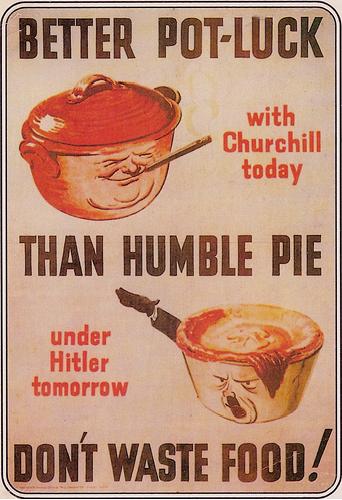Laurie J graciously pasted the transcript in the comments; I’ve added it after the jump.
Tim Wise: No. You should feel angry. And you should feel committed to doing something to address that legacy. It’s like, for instance, with pollution, right? We think about the issue of pollution. Now none of us in this room, to my knowledge, are individually responsible for having belched any toxic waste into the air, or injecting toxic waste into the soil, or done any of the things… we didn’t put lead paint into the housing, you know?
Individually we’re innocent of that. But someone did that stuff, and we’re living with the legacy of it right now, or in this case might be dying with the legacy of it, getting ill, right?.
So it isn’t about feeling guilty about what someone did, even if you were the direct heir of the chemical company that did the pollution, but it is about saying, all of us in the society have to take responsibility for what we find in front of us. There’s a big difference between guilt and responsibility.
Guilt is what you feel for what you’ve done. Responsibility is what you take because of the kind of person you are, right? And so if I see a set of social conditions that have been handed to you, and which not only did wrong by othrs but elevated me and give me advantage that I did not earn, it’s not about beating myself up, I’m not responsible for that having happened, I’m not to blame for it, so guilt is totally unproductive
But in order to live an ethical life, to live ethically and responsibly, I have to take some responsibility for the unearned advantage, which means working to change the society that bestows that advantage. It’s not guilt, but it is responsiblity. It’s no different than looking at the issue of pollution or if you became the CFO of the company, you wouldn’t be able to come in and say, “I intend to use the assets of this company, and I insend to put them to greater use, and I intend to use the revenue stream we’ve got going, but that whole debt side of the ledger? No, I’m not paying any of that because I wasn’t here when the other person ran all that debt up. You should’ve gotten them to pay it before you gave me the job. Now I’m here, and I’m innocent.” We would realize that made no sense.
So isn’t about innocence and it isn’t about guilt, it’s about responsibility, that’s something we all have to take. White folks have to take it, people of color have to take it, uh, men and women have to take… everybody has got to take it, because we’re living with… if we don’t do it, no one does it, and it doesnt’ get done. We’re the only hope we have.














